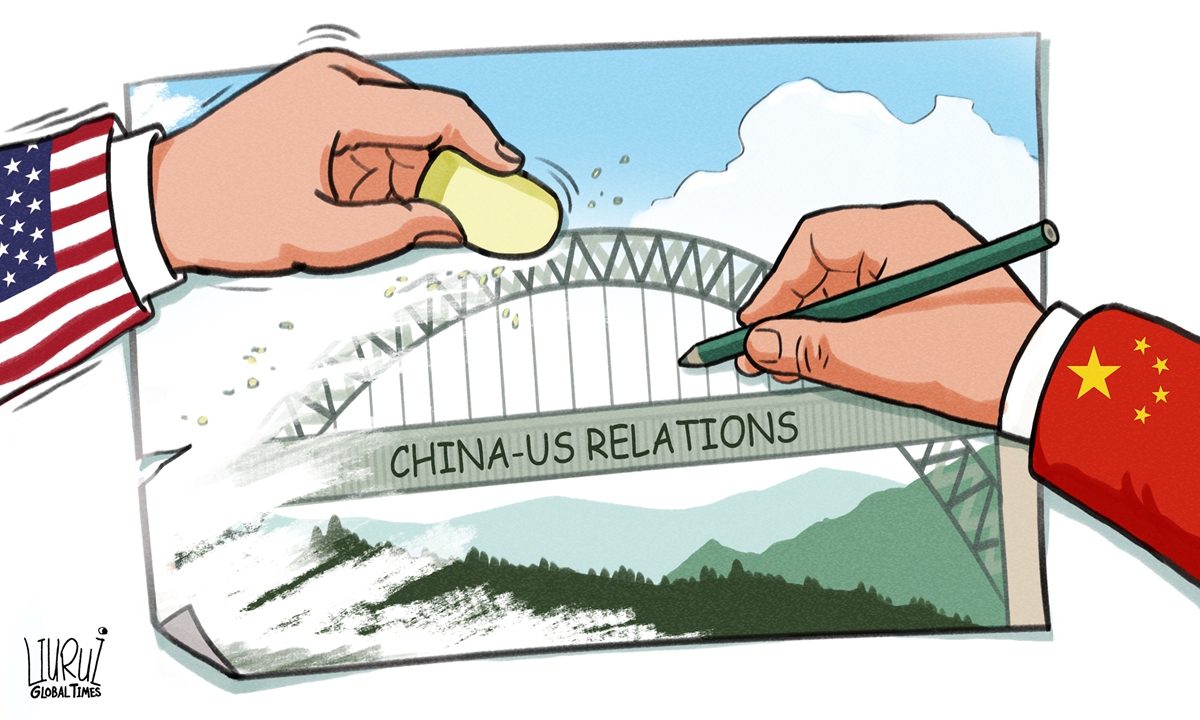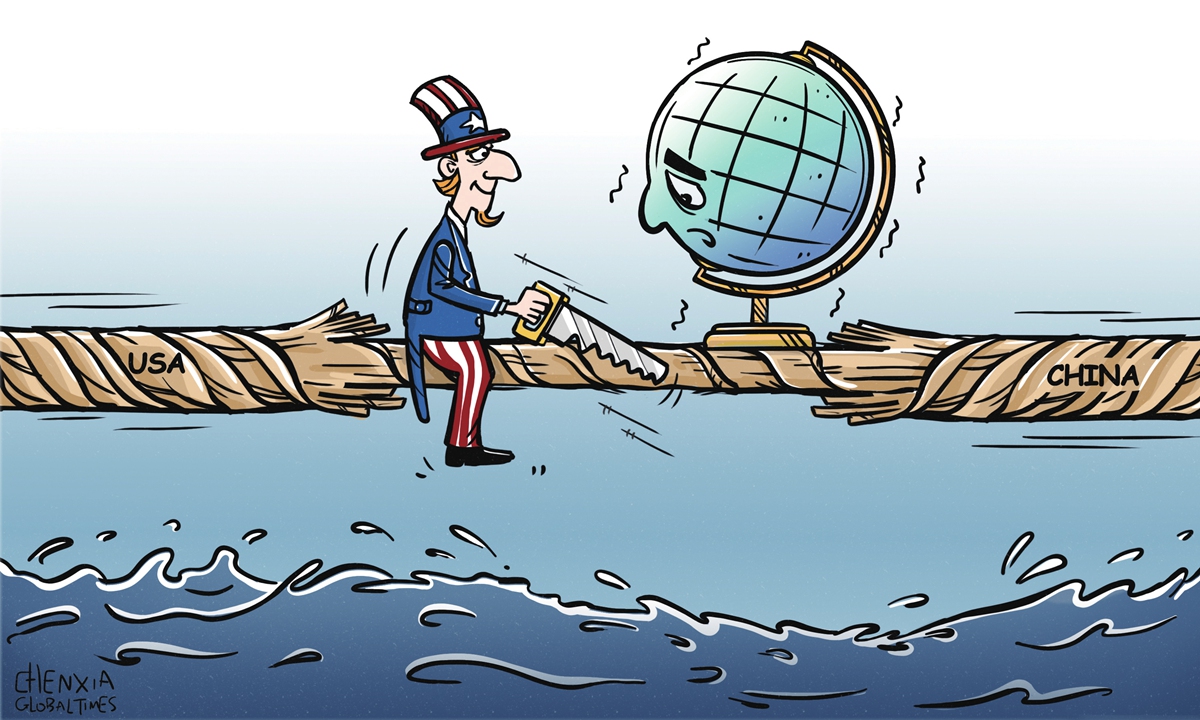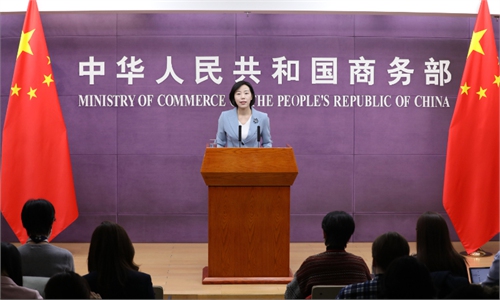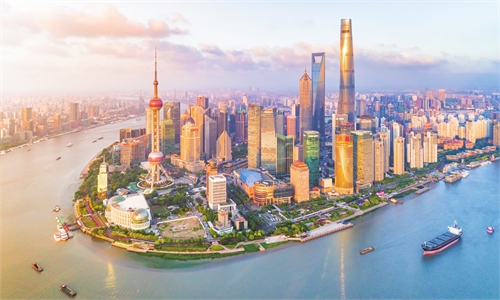
China-US relationship. Illustration: Liu Rui/GT
It seems Washington has officially adopted the term "de-risking," which has been discussed frequently in Europe's political and strategic circles lately.In his speech at the Washington-based Brookings Institution on Thursday, US National Security Advisor Jake Sullivan claimed that the US wants to "de-risk and diversify" its relationship with China, not decouple. This is the same language used by European Commission President Ursula von der Leyen in a policy speech in March before her trip to China.
The word "decoupling" usually leaves people with an impression of a lose-lose ending, while "de-risking" implies an increased sense of security. As the former expression sounds quite irresponsible and harsh, the latter is apparently milder and more acceptable to the US public - particularly businesses - and allies.

Illustration: Chen Xia/GT
However, is Washington's "de-risking" another attempt to play with words in terms of China policy? Sullivan justified "de-risking" as self-protection, but how can the US "de-risk" the risks it keeps creating?
Sullivan repeated that the US is not looking for "confrontation or conflict" with China, but so far, we haven't seen enough sincerity from Washington toward Beijing in its efforts to "de-risk but not decouple." In sectors like manufacturing and information and communications technology, we can still feel the high pressure and even suppression from the US.
There is a sense that "de-risking" might be "decoupling" in disguise. "De-risking" or "decoupling," Washington's strategic ambition has been consistent: to satisfy its self-interest of security in the strategic competition with China and its unhealthy obsession with maintaining its dominant position in the world.
In fact, "de-risking" is not an approach that will improve the China-US relationship; instead, it aims to appease the US' European allies amid Washington's series of hostile policies toward China. Using this softened tone, Washington assumes this is a subtler way to persuade these countries to follow it and continue what is de facto "decoupling" with Beijing in key areas.
It is highly likely that US "de-risking," parroted from Europe, will face questions from allies, especially those European ones. Many European countries are enhancing the pursuit of "strategic autonomy" and becoming more alert to the US' instigation of taking its side. Besides, despite being allied with the US, each one will decide and adopt specific policies toward China according to their own national interests.
In that case, Washington and its officials will undoubtedly step up their deliberate creation and hype over so-called risks from China. This will be the key for them to hijack and push US allies to go along with "de-risking."
US allies should recognize the destructive nature of the country's current China policy no matter how hard Washington tries to hide it. They also need to prevent themselves from following the US down a path of no return that would truly undermine security and prosperity in Asia-Pacific and even the world.
In recent times, many US officials have seemingly made milder statements toward China. Apart from Sullivan, US Treasury Secretary Janet Yellen, for example, said last week that the US has no intention to "stifle China's economic and technological modernization," nor to "'decouple' its economy from China's."
It is not bad that we have heard less aggressive rhetoric from US politicians recently. But we also have to remind the US side that it should never overestimate its ability to manipulate the "decoupling" issue and underestimate the ability of China, as well as the US allies, to distinguish between right and wrong.
Softer language cannot easily offset the confrontational tone that US politicians have made in the past. And more importantly, there is a stark contrast between their moderate words and actual intense deeds. Instead of empty talk and beautifying "decoupling," US politicians must take tangible actions to stop harming Beijing's interests. At the end of the day, actions always speak louder than words.
The article was compiled by Global Times reporter Xia Wenxin based on an interview with Li Haidong, a professor at the Institute of International Relations at the China Foreign Affairs University. opinion@globaltimes.com.cn



